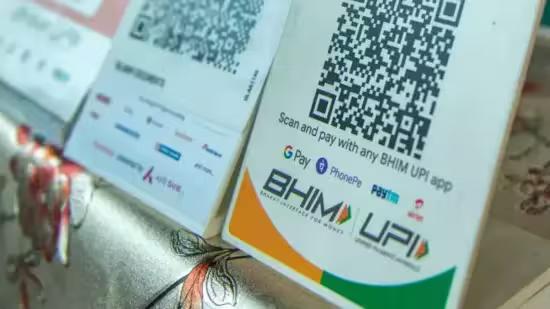
Trinidad & Tobago becomes the first Caribbean nation to adopt UPI
In a significant development, Trinidad and Tobago has become the first Caribbean country to adopt Unified Payments Interface (UPI), India’s flagship digital payment platform. This milestone was achieved during Prime Minister Narendra Modi’s two-day official visit to the Caribbean nation. The adoption of UPI is a testament to the growing partnership between India and Trinidad and Tobago, with both countries exploring further collaboration in the implementation of India Stack solutions.
UPI, developed by the National Payments Corporation of India (NPCI), is a real-time payment system that allows users to send and receive money with ease. It has revolutionized the way people make transactions in India, with over 1 billion transactions processed through the platform every month. The adoption of UPI by Trinidad and Tobago marks a significant milestone in the country’s efforts to promote digital payments and financial inclusion.
The agreement to adopt UPI was signed between the governments of India and Trinidad and Tobago, with both countries expressing their commitment to enhancing economic cooperation and collaboration in the fintech sector. The adoption of UPI is expected to bring numerous benefits to the people of Trinidad and Tobago, including increased financial inclusion, reduced costs, and improved efficiency in transactions.
Trinidad and Tobago is not the only country to have adopted UPI. The platform is already live in several countries, including the United Arab Emirates, Bahrain, and Nepal. With the addition of Trinidad and Tobago, the total number of countries where UPI is operational has increased to eight.
The adoption of UPI by Trinidad and Tobago is a significant achievement for the country, particularly in the context of its efforts to promote financial inclusion and reduce poverty. Financial inclusion is a critical issue in Trinidad and Tobago, with many individuals and businesses lacking access to formal financial services. The adoption of UPI is expected to help address this issue by providing an affordable and convenient way for people to access financial services.
The Indian government has been actively promoting the adoption of UPI globally, with several countries expressing interest in the platform. The adoption of UPI by Trinidad and Tobago is a significant step forward in this effort, and it is expected to pave the way for further collaboration between India and other countries in the fintech sector.
In addition to adopting UPI, Trinidad and Tobago has also agreed to explore further collaboration with India in the implementation of other India Stack solutions, including DigiLocker, e-Sign, and Government e-Marketplace (GeM). DigiLocker is a digital locker service that allows users to store and access their documents digitally, while e-Sign is an electronic signature service that enables users to electronically sign documents. GeM is an e-marketplace that allows government agencies to procure goods and services electronically.
The adoption of these India Stack solutions is expected to bring numerous benefits to Trinidad and Tobago, including increased transparency, reduced costs, and improved efficiency. The solutions are designed to promote digital transactions and financial inclusion, and they have been successful in India in addressing the issue of financial exclusion.
In conclusion, the adoption of UPI by Trinidad and Tobago is a significant milestone in the country’s efforts to promote digital payments and financial inclusion. The adoption of UPI is expected to bring numerous benefits to the people of Trinidad and Tobago, including increased financial inclusion, reduced costs, and improved efficiency in transactions. The agreement to adopt UPI is also a testament to the growing partnership between India and Trinidad and Tobago, with both countries exploring further collaboration in the implementation of India Stack solutions.



